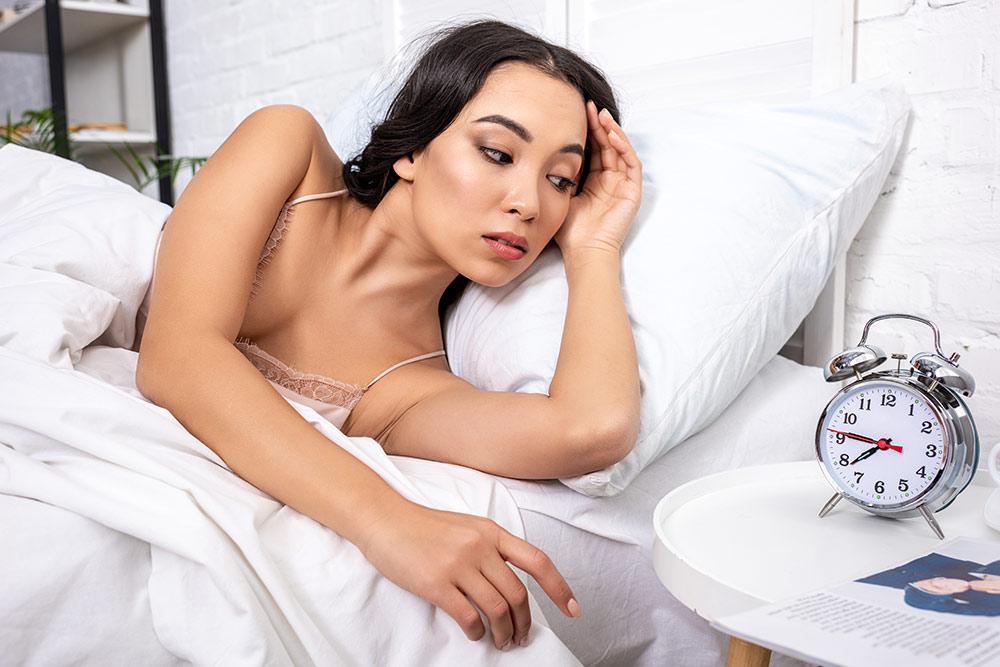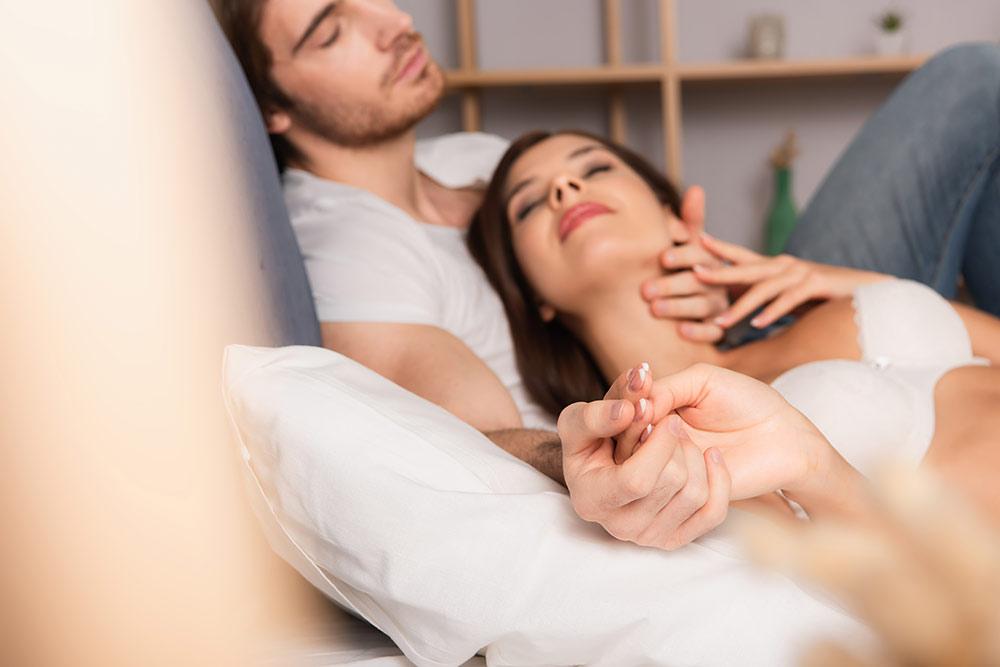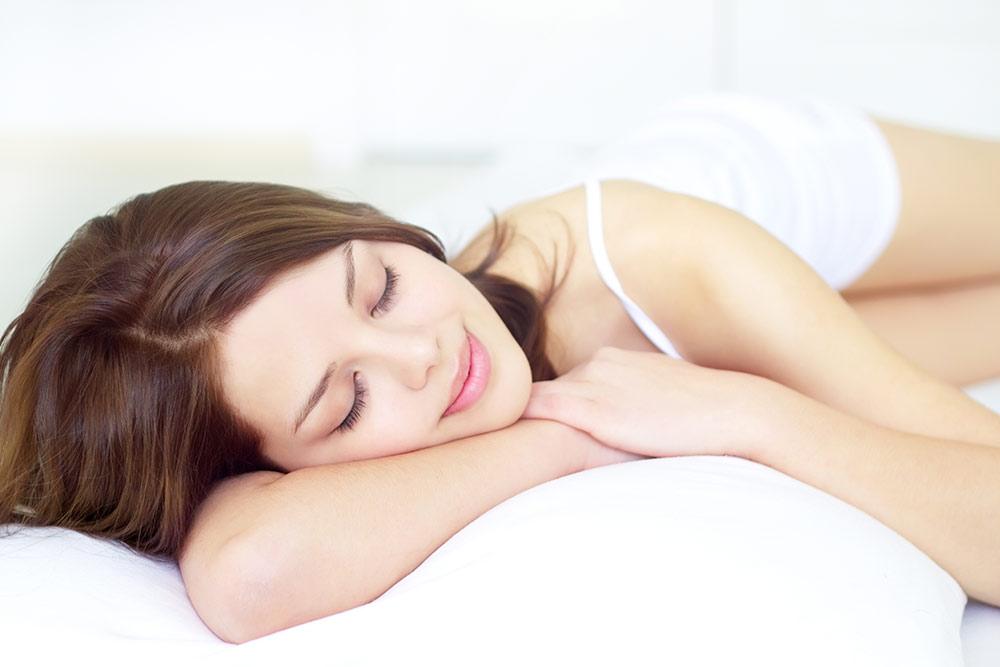Sleep is a crucial part of being healthy. Without sleep, your immune system will be compromised and you will feel more stressed. Sleep is important for mental clarity and creativity as well. If you are experiencing sleep problems or just don't have enough time to sleep, then this blog post is for you! I am going to discuss what sleep hygiene is, how it can help with your sleep quality, and how you can create a routine that will allow for proper sleep, especially if you have our Refresh - Energex Foam Mattress!
What is sleep hygiene?
Sleep hygiene is a set of practices that can help with sleep quality. These include making your bedroom dark and cool, not drinking alcohol or caffeinated drinks before bed, turning off electronics thirty minutes to an hour before bedtime, exercising in the morning or afternoon rather than at night time, limiting daytime naps to fifteen minutes if needed, eating healthy foods, and going to bed at a regular time.
What can sleep hygiene do for me?
Sleep hygiene practices have been shown to not only help with sleep quality but also brain function as well . Mental clarity and creativity are linked to adequate rest.
Why should my bedroom be dark and cool?
Darkness and cool temperature can help induce sleep.
How does alcohol before bed affect your sleep quality?
Alcohol before bed can cause disrupted sleep cycles and leave you feeling groggy in the morning.
What other substances should I avoid before going to sleep?
The use of caffeine or tobacco within six hours of planned sleep time is discouraged, as these may negatively impact quality and length of sleep .
How does exercising at night affect my sleep?
Exercising is great for the body for many different reasons. One of them being that it can help regulate a healthy sleep schedule. It is highly recommended to exercise either in the morning or afternoon. Avoid exercise right before bed as it can release endorphins that can make it harder to fall asleep and stay asleep.
How can meditation help my sleep cycle?
Meditation can help the mind and body relax. Deep breathing exercises can also achieve the same result. Many people believe that mediating or doing breathwork can help one to relax and let go of the stress from the day. In doing this you are more likely to fall asleep faster and get a more restful night of sleep.
What is a good way to go to sleep?
A relaxing pre-sleep routine, like taking a bath or reading for 30 minutes, may make it easier to fall asleep. When it comes to good sleep hygiene consistency is key. If you prefer to read before bed. Pick a time that you can commit to every night. The same goes for meditation, taking a bath, or sipping some chamomile tea.
How does drinking coffee at night affect my sleep?
Caffeine consumption can lead to sleep disturbance and insomnia. In fact, drinking coffee later than six o'clock in the evening can disrupt your circadian rhythms and make it difficult for you to fall asleep at night.
Can I drink alcohol?
It is recommended not to drink before bed since alcohol will stop those relaxing neurotransmitters from working their magic. One drink is okay, but anything more than that can lead to disrupted sleep.
What about taking sleeping pills?
Sleeping pills are not meant for long-term use and should only be taken as a short-term solution if the insomnia persists over two weeks. In addition, it's important to consult your doctor before taking any sleep medication.
Why is sleep hygiene important?
A good sleep hygiene practice is vital for a good night's rest. If you can experiment with different practices and find one that works for you, this is best. Some people prefer to read, while others would like a warm bath. It is essential that you find what works best for your own lifestyle, and stick to it! The more consistency you have with a sleep hygiene regimen the more likely you are to get better rest and allow for proper body functions to take place.
What happens to the body when we don't get enough sleep?
- we can become irritable and have difficulty concentrating on tasks
- our immune system is weakened, making us more susceptible to getting sick or catching an illness from someone else
- it affects the weight that we maintain: sleep deprivation causes a decrease in leptin (a hormone which regulates appetite) and increase in ghrelin (which stimulates appetite)
- we can gain weight or have difficulty losing weight
- sleep deprivation causes an increase in appetite and a decrease in the body's ability to regulate blood sugar levels. This means that when you go too long without sleep, it will be more difficult for your body to balance out how much food is eaten with the activity done throughout the day.
- sleep deprivation can cause an increase in anxiety and depression
In Conclusion:
A proper sleep hygiene routine can be the difference between a successful night of sleep or a long night of tossing and turning. It is recommended that you find a system that works best for you to help the body slow down and unwind. This will allow for you to fall asleep faster and stay asleep longer.






















